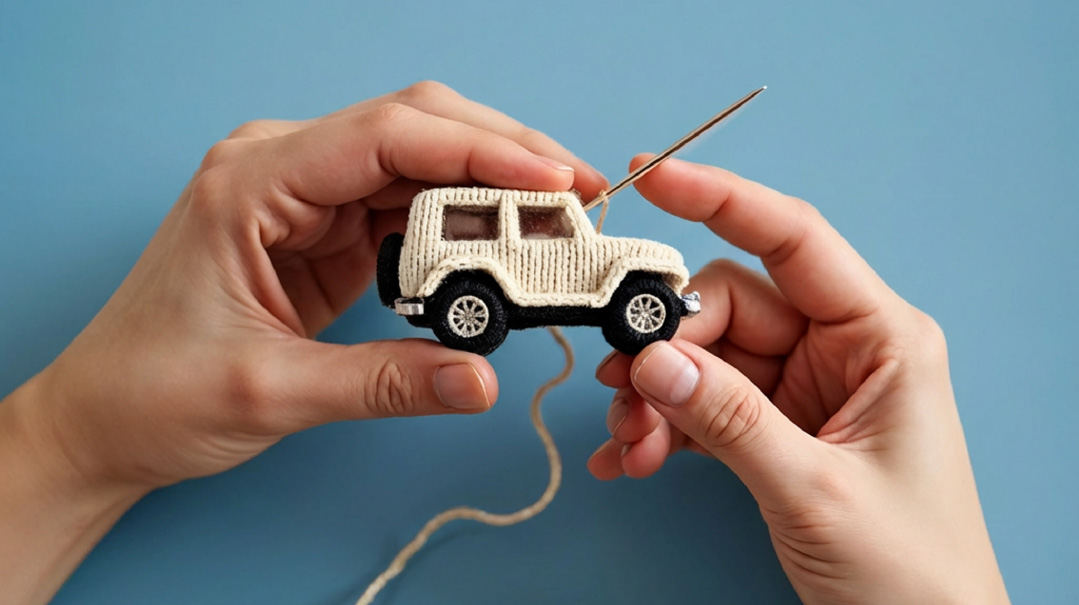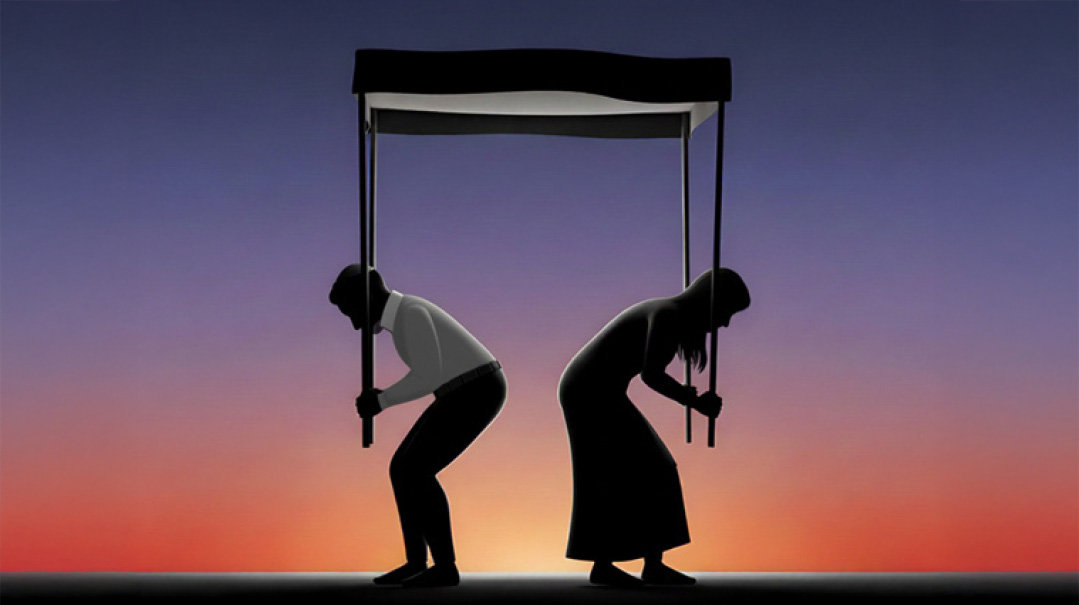Weapon of Mass Destruction

We try to remember the frightening power of this medium and the damage it can cause

This is a scary job.
We’re not surgeons holding scalpels to people’s organs and we’re not therapists running fraught interventions. But we do have a frightening power to hurt people every week — to damage their feelings, reputations, or privacy.
When I was little, I grew up hearing the story of the woman who, after slandering a friend, asked the Chofetz Chaim how to repair the damage. He instructed her to open a sack of feathers and allow the wind to spread them through her village. Then he told her to gather all the feathers. That would be impossible, she said — only to realize the futility of trying to rein in words that had already taken flight. Once her slander had become public, there was no way to control the spread.
The same dynamic is at play here. Once material goes to print, it’s public property that can be shared, discussed, repeated endlessly. That’s a very scary thought.
So we try very hard to be careful. We build our processes with multiple levels of review and revision. We check and recheck the material. We allow our interviewees to approve their quotes, to ensure that sensitivities are addressed and damaging material removed. We respect (or advise) the use of pennames when warranted. Our editors and rabbinic advisors go through every piece looking for possible lashon hara or damaging material.
And we daven — hard.
But we’re human, and our process is not infallible. Sometimes we mess up. We interpret a line as a light witticism, but a reader sees it as an insult. Or we print a story that seems anonymous, but the subject is easily identified (and mortified). We describe a beautiful project and leave out a prime player. Or we miss a crucial last-minute correction, and a painful line remains in an otherwise magnificent piece, bringing angst to an entire family.
(I would add more detail and color to the above examples, like the writing coaches advise, but that might open up the wounds all over again.)
And then we stay up the entire night tossing and turning and berating ourselves and burning with shame and pain. We can’t erase the fact that we’ve unintentionally hurt fragile people in a public way.
We try to apologize — knowing it’s not enough and never will be. We review the processes, try to identify and patch any holes. We raise awareness among the staff. We wonder why we ever got involved in this project at all and contemplate opening up a cookie business.
This is an operation that operates on a relentless timetable — time pressure, competitive pressure, breaking news pressure, work-life pressure… There are so many details, so many players, so many considerations. It’s hard to get everything right. But pressure is never an excuse. Even though we print the magazine every week and it’s become a routine, we can never lose sight that it has the potential to be a weapon of mass destruction when it comes to people’s emotions and reputations.
So we try to remember the frightening power of this medium and the damage it can cause. We try to build the best possible systems to prevent that damage. We try to imagine how that person or this family will feel when they see the piece. And we keep davening that we will never be a medium that brings pain to another Jew.
(Originally featured in Mishpacha, Issue 834)
Oops! We could not locate your form.







